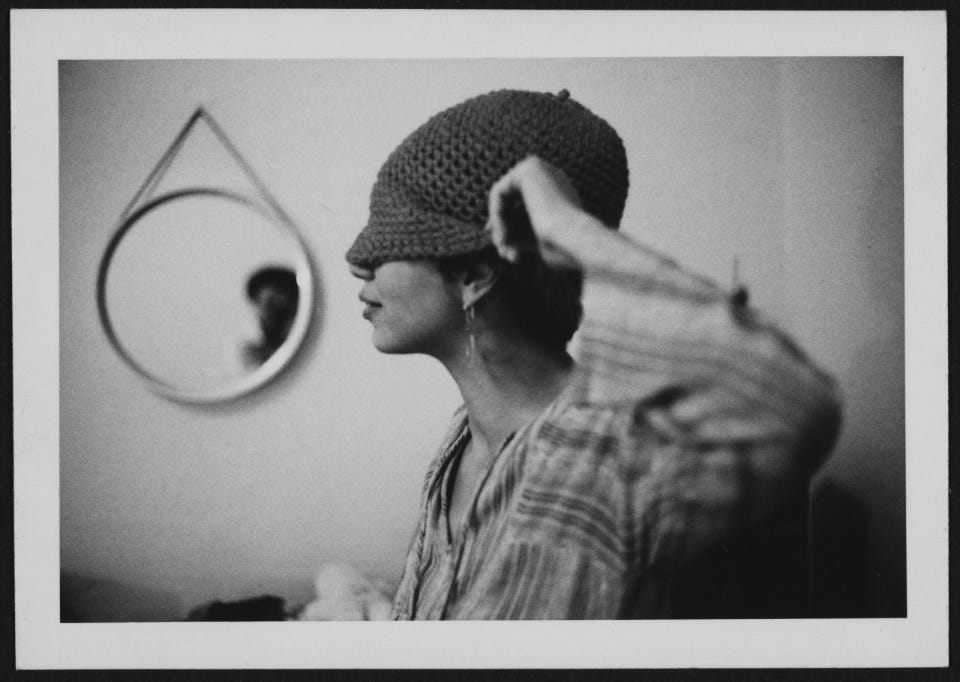I mean to be fully and freely all that I am
it is June Jordan’s time on the world clock again
Towards the end of last year, Rebecca Carroll reached out and asked me if I would contribute to the thirty year anniversary re-issue of her 1994 book I Know What the Red Clay Looks Like: The Voice and Vision of Black Women Writers. I was elated — the anthology had been gifted to me several times, and in turn, re-gifted out to other Black writers in my life. The book featured established thinkers like our beloved poet Nikki Giovanni and Rita Dove along with Gloria Naylor and J. California Cooper.
For her new edition, Rebecca invited a contemporary writer to re-introduce the work of each original writer from the first collection. Earlier this week, in anticipation of the book’s publication this month, Carroll published an excerpt of the new book on The Meteor, featuring the short introduction I wrote about the poet June Jordan and what her work means to me. I’ve included it in full below.
🕊🕊🕊
June Jordan was an author, a professor, activist, a poet, a parent. She was also a horologist. What I mean by that is she kept time. And time could be kept by her. When she wrote “like a lot of Black women, I have always had to invent the power my freedom requires” in her 1985 collection “On Call,” that was her way of calling for solidarity with the uprising in Nicaragua and drawing a line connecting the communities there to the American South, her West Indian upbringing and our own on-going liberation struggles.
The first time I read those lines, I gasped. I was gifted a collection of her prolific writings (including the essay with that searing line) in an anthology called “Some of Us Did Not Die” and marveled at the breadth of her cultural criticism. She vivisected pop culture, Clarence Thomas, South African apartheid, motherhood, the legacy of Martin Luther King, Jr with equal ease. She wrote towards future while keeping the present accountability, even when it was considered unfavorable. June identified as a bisexual and often wrote about the Palestinian freedom struggle, including the oft-Instagrammed lines “I was born a Black woman and now I am become a Palestinian.”
There is a noticeable gap in her bibliography between the 80s and 90s while she suffered from the repercussions of her bold courage. As a result, her legacy has been dimmer than righteous, despite being as firm a literary figure as Alice Walker or Toni Morrison, in community with Ralph Ellison and Malcom X and calling Fannie Lou Hamer a friend. But it is June Jordan’s time on the world clock again. “I mean to be fully and freely all that I am,” she wrote in a keynote speech delivered at Stanford University in April 1991.
Even now, she is.
x




i can’t wait to read this. The collection has always been wonderful but I’m so interested to understand and *hear it differently. Your introduction to it is marvelous.
I can't wait to get a copy and dive into June. I didn't know about this collection and I look forward to reading your contributions.